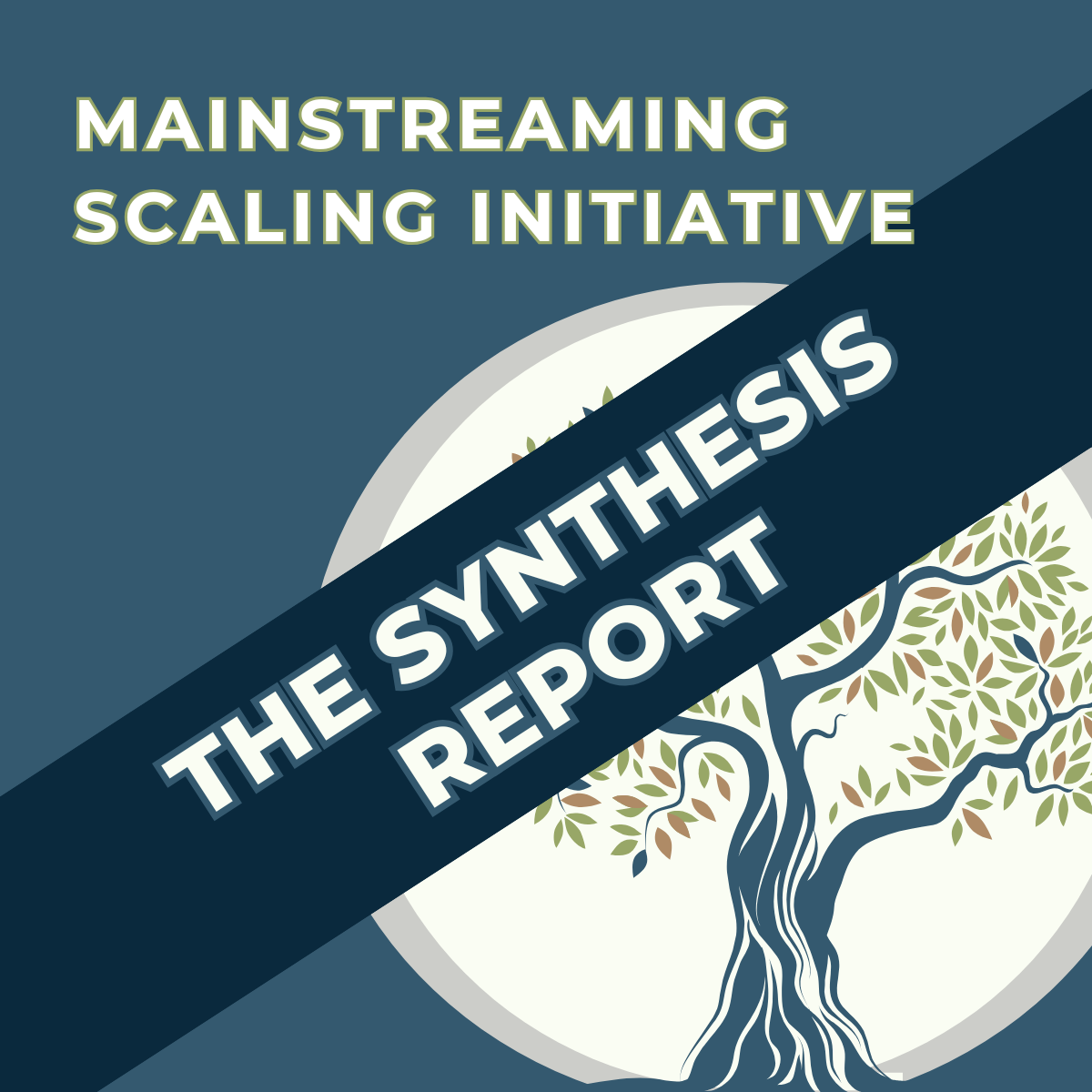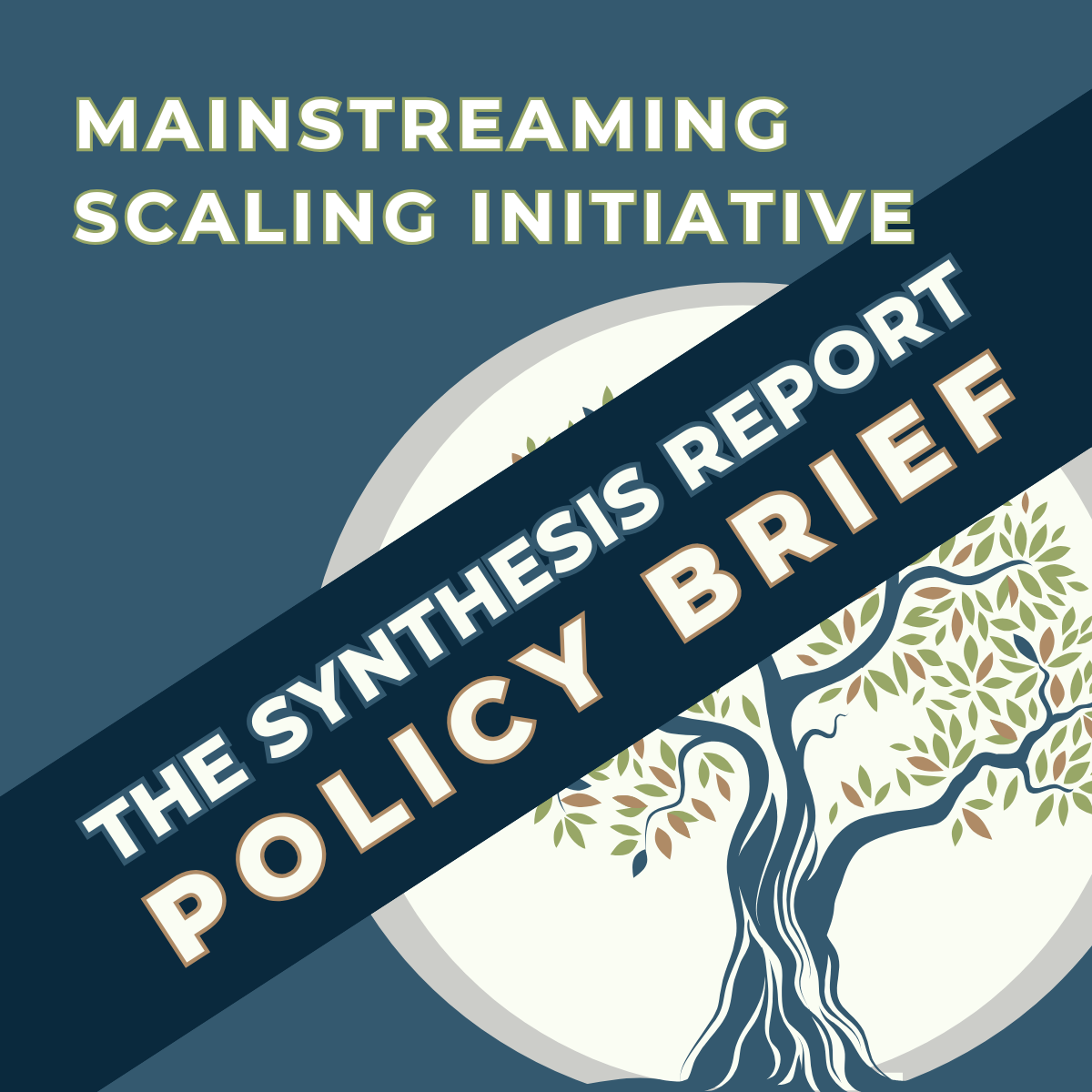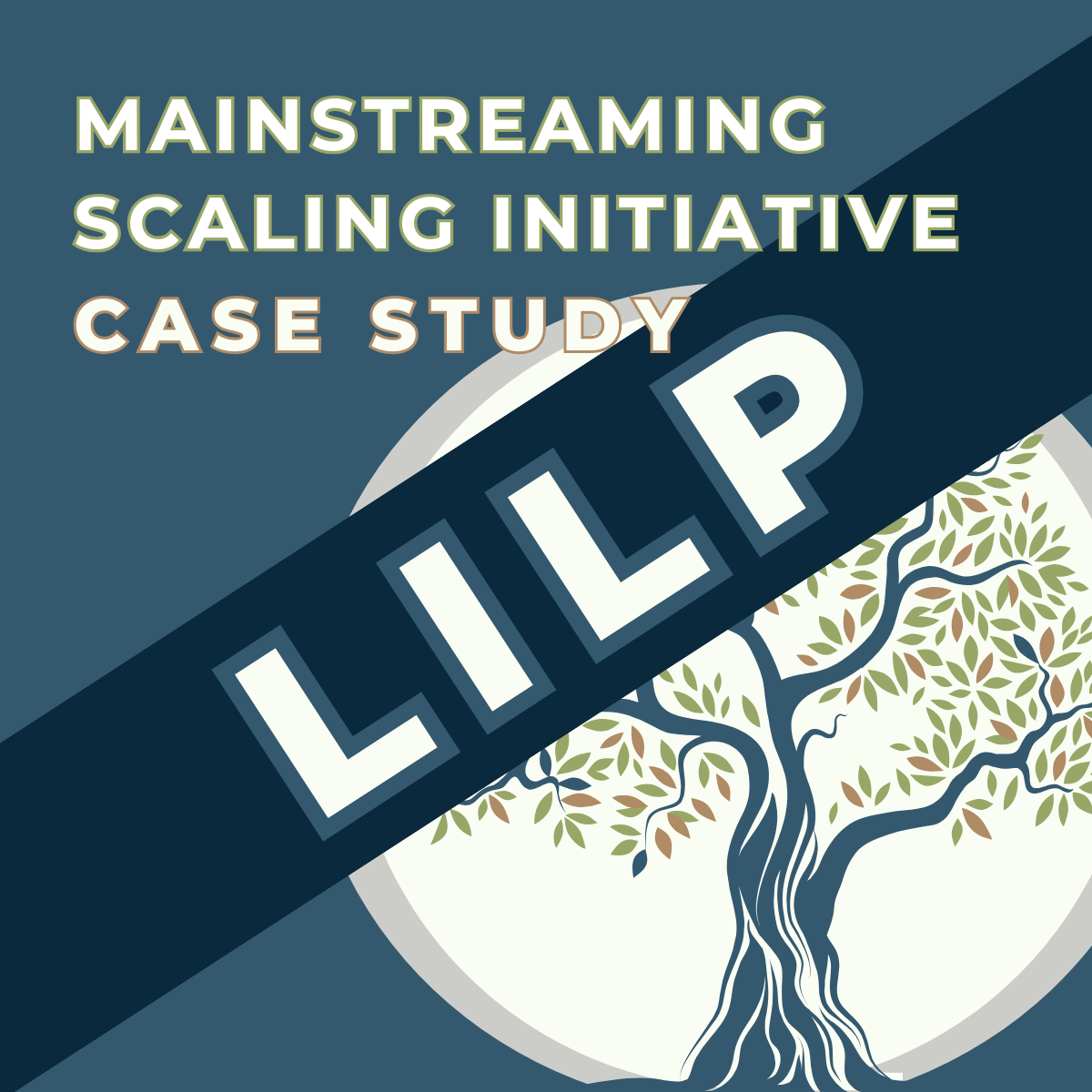FOREWORD
Too few development cooperation initiatives in low and middle-income countries focus on testing solutions and implementing them on a scale that effectively addresses systemic constraints and sustains a positive impact over time. This is why the practice of scaling has been receiving growing attention in the sector over the past years. Scaling describes the process of increasing the reach and impact of a development innovation or a proven solution to create sustainable and widespread change, within a specific geographical context and system, to address a development problem at the scale of need. Findings from a comprehensive literature review, undertaken by the OECD Development Cooperation Directorate in 2022, suggest that:
• Too many development co-operation initiatives do not scale. Most of them – innovations and proven interventions – fail to scale in sectors such as agriculture, education, health or humanitarian response. In some contexts, those initiatives even hinder scaling processes.
• Scaling can take decades. The evidence from sectors such as agriculture and health suggests that scaling a proven solution and innovation takes between ten to fifteen years to reach impact at scale.
• Scaling does not happen spontaneously. The process requires deliberate and systematic action by public and private players in a given country or region, supported by third-party funders, in pursuit of a vision for sustainable and optimal scale.
• No single organisation is likely to cover or fund the entire scaling pathway. Different players are required and need to partner, taking on distinct roles such as doer, researcher, innovator, implementor, intermediary, funder, or other functions.
In light of those challenges, the OECD convened an informal, multi-stakeholder reference group in 2022, that brought together development experts from the Network on Development Evaluation (EvalNet) of the Development Assistance Committee (DAC), the DAC Results Community and the OECD’s development innovation peer-learning group, known as the i32 group. This reference group set out to develop new policy guidance to support decision makers in DAC member organisations to integrate scaling into the selection and design of projects and programmes, and to make scaling a key component of their organizational strategies. Over 19 experts from nine DAC member countries participated between 2022 and 2024 in the design and drafting process of such guidance, alongside strategic partners such as the Global Community of Practice on Scaling Development Outcomes (CoP), and the International Development Innovation Alliance (IDIA). The process included a targeted consultation with an extra 30+ experts from 20 organisations, as well as drawing on foundational work by the CoP, the International Development Research Centre, IDIA, Elrha and the Consultative Group on International Agricultural Research.
The resulting Guidance on scaling development outcomes was approved by the DAC in December 2024, with the ambition of systematically integrating scaling considerations and practices in funder organisations, including bilateral programmes. The guidance also serves to help advance reforms and good scaling practices among implementing partners.
The Guidance complements existing standards such as the OECD Evaluation Criteria and Development Effectiveness Principles, and seeks to further support funders in designing development interventions that pursue impact at scale. It frames sustainability and scalability mainly as sustainable and scalable business models, with a view into the desirable future: who will implement (the doer) and who will fund (the funder) the activity in ten to fifteen years? How do we get from here to there (the scaling process itself)? Finally, it puts an emphasis on demand and on local ownership, further contributing to locally led development practices.



